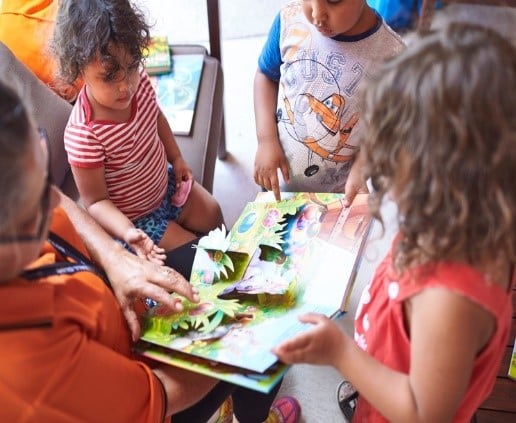Search
Research
Socioemotional Development and its Correlates among 5-year-old Children in Peru and BrazilThis paper describes a teacher-completed measurement of child development status applied in seven communities in the state of São Paulo, Brazil, and in three...
Research
Brief Report: Further Evidence for a Link Between Inner Speech Limitations and Executive Function in High-Functioning Children with AutismThis study investigated the involvement of inner speech limitations in the executive dysfunction associated with autism spectrum disorders (ASDs).
Research
Validity and Psychometric Properties of the Early Development Instrument in Canada, Australia, United States, and JamaicaThere is an increasing support from international organizations and the research community for stepping beyond infant or child mortality as the most common...
Research
Preschool psychopathology reported by parents in 23 societies: testing the seven-syndrome model of the child behavior checklist for ages 1.5-5.To test the fit of a seven-syndrome model to ratings of preschoolers' problems by parents in very diverse societies.
Research
Wellbeing and academic achievement paperIn this report, we explore the relationship between student wellbeing, school engagement, and academic achievement.
Research
Child development at school entry and student wellbeing six years laterIt has been well established that children's development at school entry is associated with their later academic achievement, but less is known about whether there is also an association with other measures of school success, such as students' social and emotional wellbeing.

News & Events
Early childhood researcher a finalist in peak South Australian science awardsA The Kids Research Institute Australia researcher whose PhD studies highlighted the link between screen time exposure and toddlers’ language development has been named a finalist in South Australia’s Science Excellence and Innovation Awards.

News & Events
The Kids Research Institute Australia to lead ground-breaking child health research in South AustraliaThe Kids Research Institute Australia's Adelaide facility has been officially opened by South Australian Premier Peter Malinauskas.

News & Events
The Impact of Poverty - interview with Louise GiolittoPoverty invades every aspect of a child’s life and, as a growing body of research tells us, affects physical and mental wellbeing as well as future opportunitie

News & Events
New report to shape early years services in MidlandA new report on families with 0-4 year olds in the Midland area aims to help shape development of the sector and ensure parents are better placed to access support in their efforts to ensure the healthy development of their babies and toddlers.
